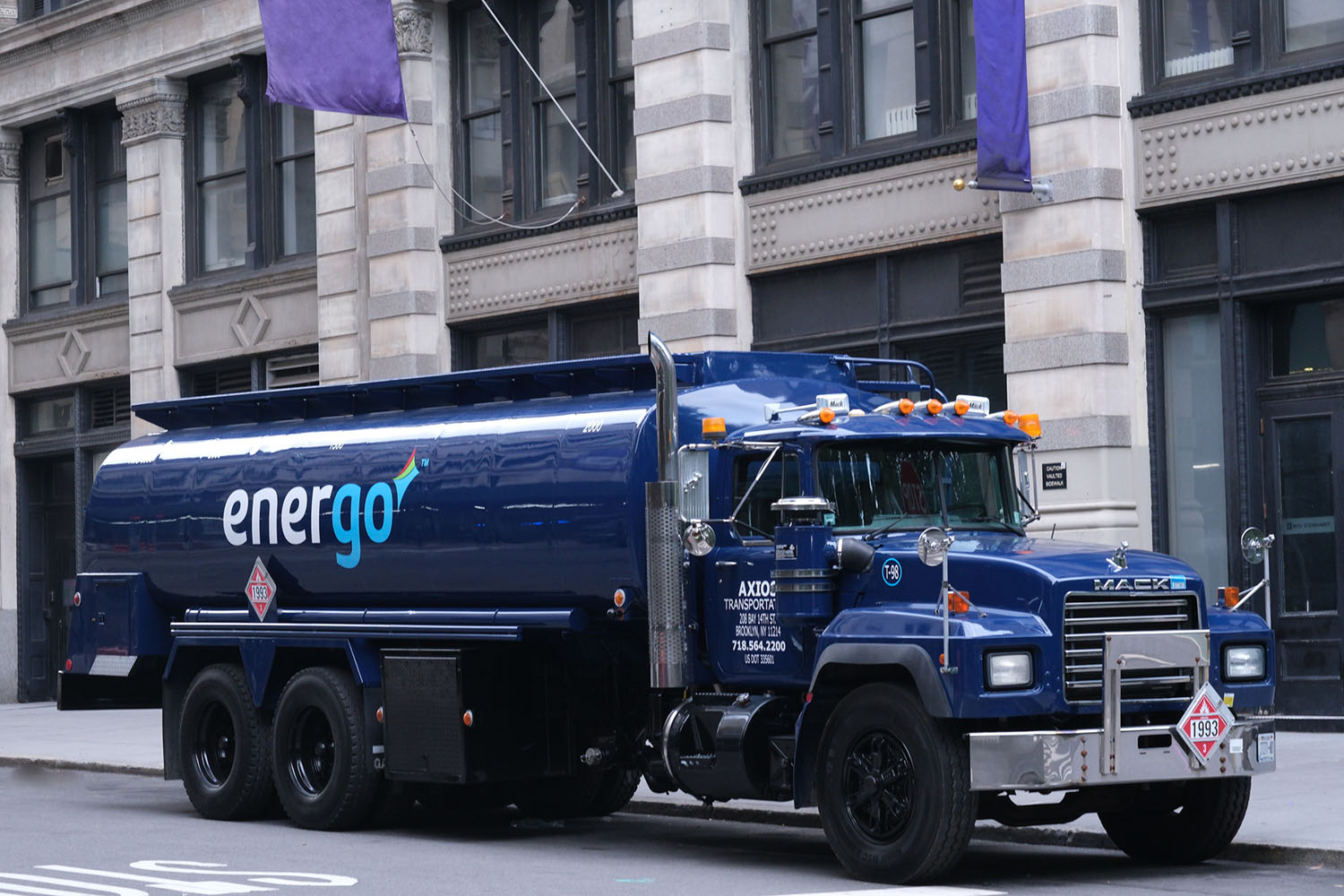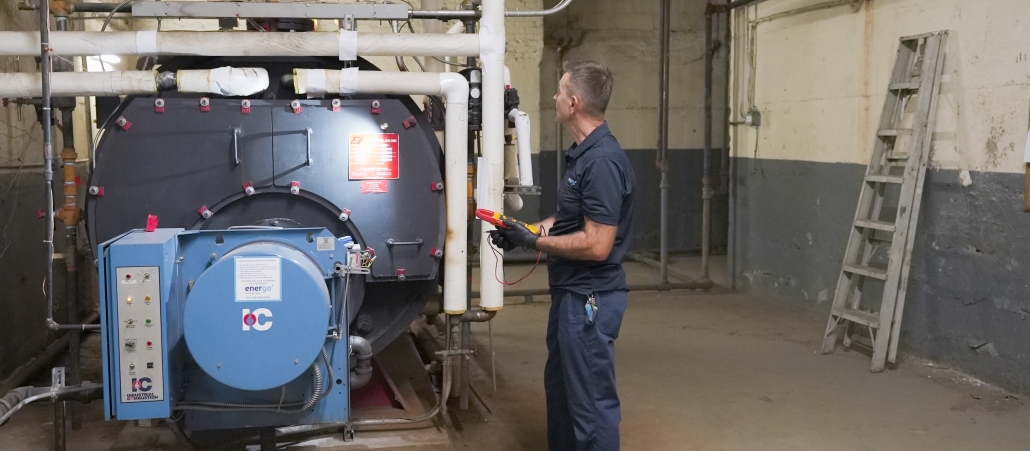Dependable Heating Oil Delivery in NYC & Beyond.
Big buildings and big demands require a reliable partner. Energo delivers No. 2 and No. 4 heating oil to keep your property warm, compliant, and cost-controlled. With one call, one team, and zero stress, our dedicated fleet covers NYC, Westchester, and surrounding service areas—fast, efficient, and built around your schedule.






